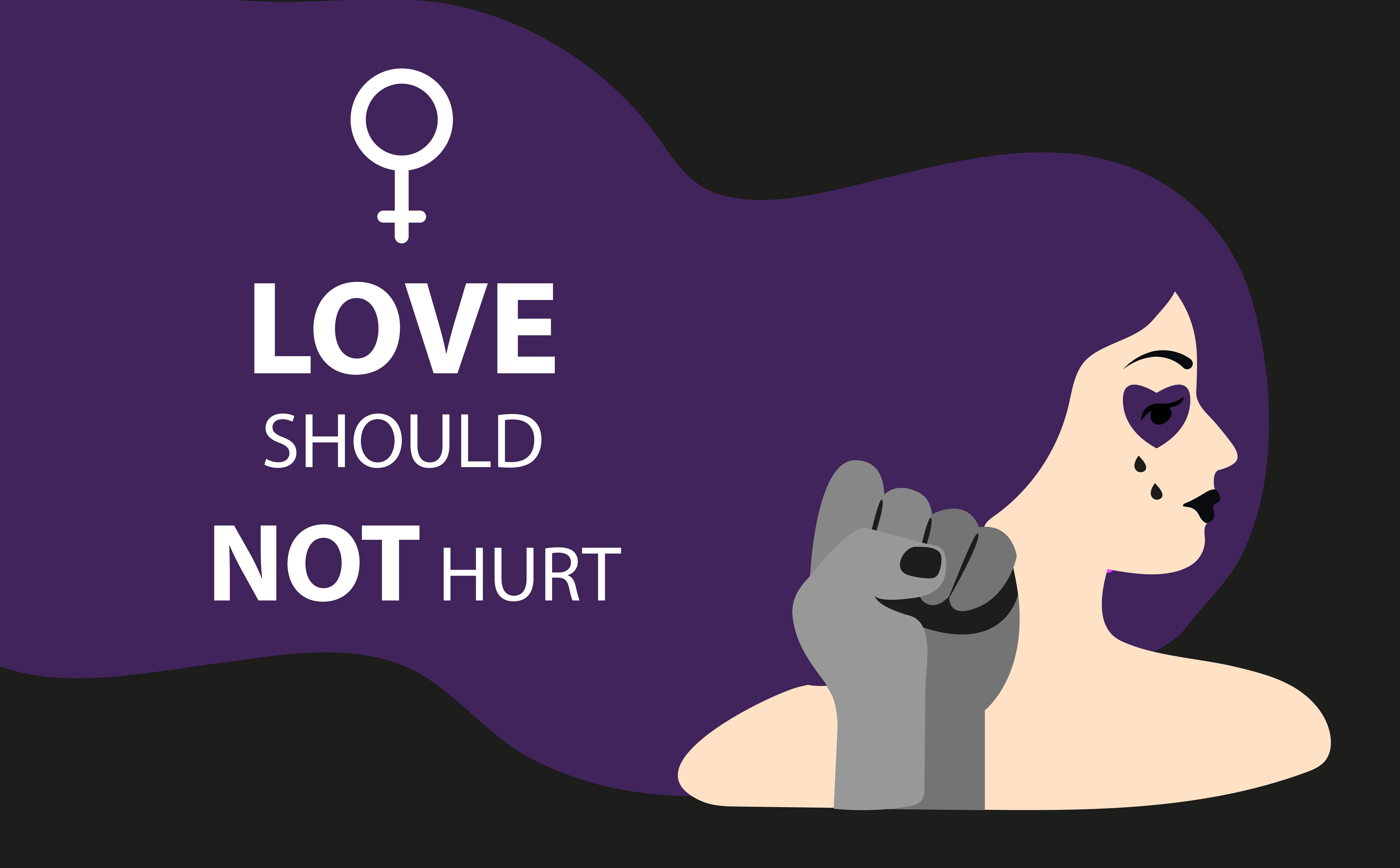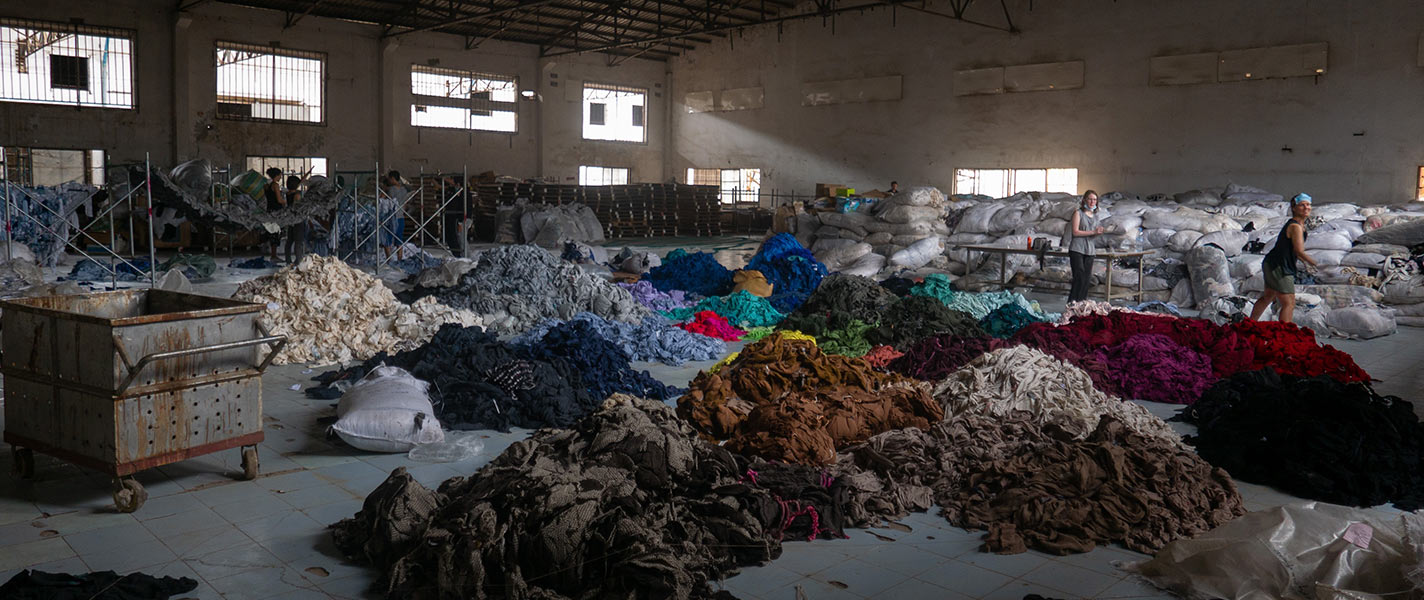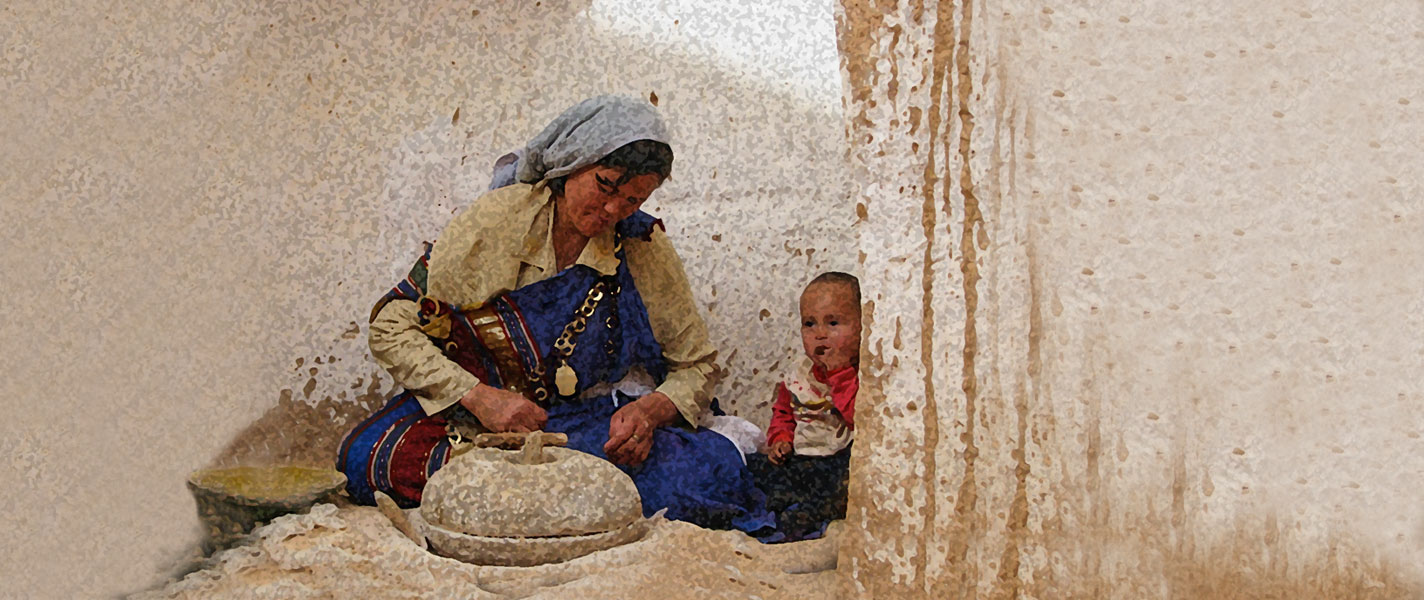From Consent to Coercion: Decoding Marital Rape Laws in the Indian Context
The question of whether or not it is rape if it involves a husband and a wife echoes through social media posts and comments every time a new verdict on the Marital Rape Laws in India is announced. In 2023 alone there have been eight verdicts on marital rape laws in India, out of which three verdicts do not consider it to be rape. (Source)
On December 10th, 2023 Allahabad HC acquitted a person accused of marital rape stating, “Marital rape not offense if the wife is 18 or above.” (sic)
Interestingly, the legal age to get married in India for women is 18 years of age, and for men is 21 years of age. However, in this case, the court has held on to a previous judgment made in 2017 by the Supreme Court where any sexual intercourse between a man and his wife, aged between man and wife, aged between 15 and 18 years, would amount to rape. (Section 375 of the Indian Penal Code)
Background
Marital rape is the act of sexual intercourse with one’s spouse without consent. In India, the fight to criminalize marital rape has been going on for decades. A gruesome rape incident in the country’s capital in 2012 also drew attention to the marital rape laws. But there has been little to no change in the laws to date. Marital rape continues to be legal in India.
Rape laws are governed under Section 375 in India. However, it does not recognize marital rape as a crime.
A survey conducted by the National Family Health Survey revealed shocking data in their report for 2015-16. Close to 31% of married women had experienced violence from their spouses in various forms including physical, emotional, and sexual, with the most common being physical violence. Compared to this, the number of cases reported was negligible in number.
To make matters worse, when such cases are taken up in the court they are treated under ‘Cruelty by Spouse’ due to the absence of relevant laws.
The Case of Missing Law
Marital rape is a sensitive topic. Not many women who undergo this are aware of it, let alone being comfortable talking about it. This does not come as a surprise in a country where sexual violence in any form goes largely unreported for fear of social stigma.
This law is patriarchal in many ways but it also draws attention to the most important word in the whole argument- consent. Consent, or the lack thereof, is what creates the whole issue.
“A husband does not need to take consent for touching, kissing, or having sex with his wife.”
No, it is not just men who think like this. Surprisingly a huge amount of women also believe this to the extent that they justify violence too. According to them, violence by a spouse is justified under extreme situations. This in many ways highlights the plight of a woman in a marriage in India.
Globally it has been observed that women have less authority over their bodies, or decisions related to their bodies. Furthermore, there is also a lack of awareness when it comes to bodily functions and reproduction.
While the government has been taking many active steps to empower women through various schemes for housing, education, home business, rescue, and rehabilitation, a proper scheme aimed at medical education for women is the need of the hour. They must be encouraged to learn about their body, make decisions where they are comfortable, and also be taught the importance of consent.
Pink, a 2016 movie starring legendary Indian actor Amitabh Bachchan made a powerful case for consent. While the movie was critically acclaimed and successfully created much-desired noise around the topic, it was soon forgotten.
The Other Side
On the other hand, what is also noteworthy is the argument against the criminalizing of this law. It is argued that there are high chances of misuse of this law especially in divorce and custody battles that have turned ugly.
Given the recent trend of fake cases against the husband’s family, the possibility of this statement is high. That brings us to the question, who does the onus lie on?
Does it lie on the women who do most of the heavy weightlifting in a marriage that challenges their emotional, physical, and mental capacities? Or does it lie on the men who carry the risk of bearing the brunt of a marriage going wrong with a fake case that can threaten to tarnishmalign their name forever?
One’s scars are invisible while the other’s scars are visible. Both the scars run deep and can cause irreparable damage to a person.
This complex stand on marital rape laws in India calls for societal introspection. Before challenging the norms, we need to accept the silent struggles and aim to redefine these narratives for a better tomorrow.
The article represents the views of the blogger and not those of LEED Initiative.

























































































